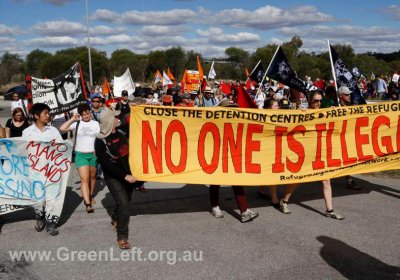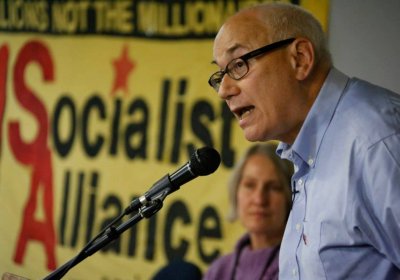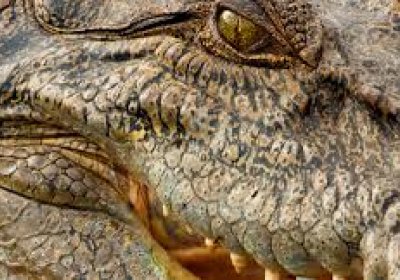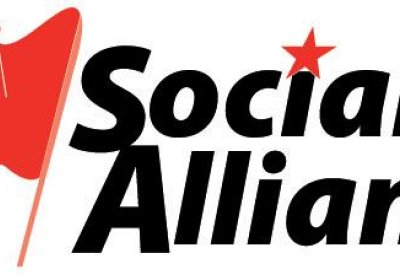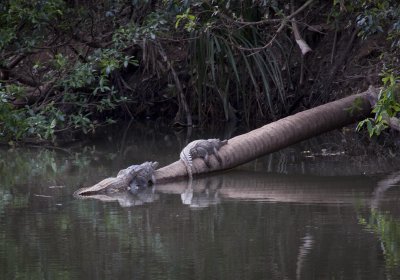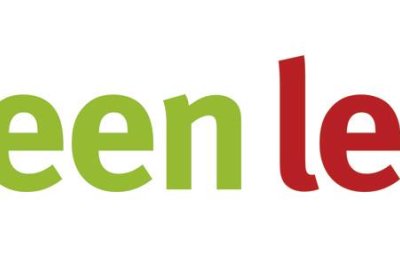A new website has published the biggest set of immigration detention records in Australia to date. It will provide unprecedented verification of the endemic self-harm and psychiatric crises that refugee rights campaigners have independently reported for years.
Australia
During this year alone, an estimated 128 people have drowned or vanished trying to seek asylum in Australia. By June 14, up to seven asylum boats trying to reach Christmas Island had foundered, sunk or been stranded.
This includes the boat that sank in Indonesia’s Sunda Strait in April, when Australian authorities failed to give accurate coordinates of the foundering vessel to Indonesian search and rescue. Up to 58 people drowned, 53 of whom were never retrieved.
World Refugee Day comes amid reports of more deaths at sea, forced deportations to torture and execution, malaria in the offshore camps in Nauru and Manus Island, suicide in detention, babies imprisoned as security threats and revelations of refugees on bridging visas without food, housing or work rights.
A competition in cruelty
A two-day seminar, "Organising for 21st century socialism", drew 150 people from around Australia to Sydney over June 8-9.
The seminar hosted US author and socialist activist Paul Le Blanc. Le Blanc is the author of Lenin and the Revolutionary Party and A Short History of the US Working Class, and spoke at the conference on the topic “Lessons from Lenin for 21st century socialism”. The talk prompted constructive debate about how to organise a socialist party in Australia today.
The Australian Rail Track Corporation (ARTC) and Brisbane-based consultant Katestone have come under fire for releasing a report, on coal train dust in the Hunter Valley, that appeared to have been doctored.
The ARTC is a federal-owned corporation and leases rail track from the NSW government. It is in charge of most rail track other than dedicated inner city passenger rail corridors, including rail tracks that deal mainly in freight and commodity haulage.
In the latest bid to convince desperate people not to seek safety in our country, the federal government is running an ad campaign on primetime Afghan TV directed at members of the persecuted Hazara ethnic minority.
The September election is approaching and the Socialist Alliance needs the financial help of members and supporters to run an effective election campaign.
This is even more essential this federal election since the two big parties have made it harder for socialists and progressive, single-issue parties to stand, by doubling the fees required for candidates to nominate.
About 250 people, mainly from the Turkish and Kurdish communities, held a protest in Melbourne’s Federation Square on June 10 in solidarity with protesters in Taksim Square and Gezi Park, Istanbul, who have come under intense repression from the Turkish state.
The rally was organised by the Melbourne Taksim Platform, a coalition consisting of the Anatolian Cultural Centre, the Australian Alevi Council and the Australian Turkish Cultural Association. The rally was also supported by the Kurdish Association of Victoria.
The following resolution was adopted by the Socialist Alliance national council meeting on June 10.
***
• If socialism is not just to be a good idea, it has to become a movement of the working class and other oppressed groups. It flows from this that to build the socialist movement we have to have a permanent focus on linking up with the activists and leaders of the working class and oppressed groups who are fighting capitalist oppression.
Markets are neither free nor efficient, and they are bad for the environment. Market choice is not cheap. While that may sound like a timeless left-wing credo, it's also a simple assessment of Australia's 20 years of privatisation and market-oriented restructure of electricity supply.
Outside small left-wing dissident circles (from Keynesians to Marxists), operating the power industry according to market principles has become an unquestioned and unspoken assumption.
Representatives from the Environment Centre NT (ECNT) and the Amateur Fishermen’s Association of the NT (AFANT) travelled to Mataranka on June 13 to host a public meeting about water allocations in the region.
The Country Liberal Party government has made changes to the allocation process, which threatens the Roper River region’s environment, as well as pastoral and Indigenous interests.
This issue introduces a few changes that have been made to the look of Green Left Weekly. The front cover logo has been updated and the layout inside has been refreshed. This is a change we’ve been working on since last year based on feedback about how to improve the paper.
For 22 years, GLW has remained independent from corporate interests and this has allowed us to expose the lies and distortions of those in power.
- Previous page
- Page 652
- Next page


